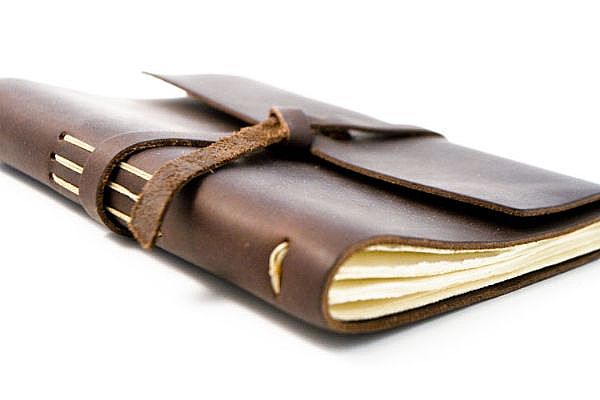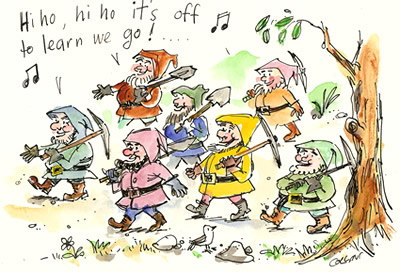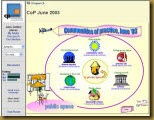
I started considering some of the things I learned in
yesterday’s posting, and want to continue this work a little more today, this time considering our guiding question, “What really matters in my professional practice?” from a different perspective. I want to consider a bit about what I learned that has changed the way I approach my practice, mindful that my practice involves educational research, adult learning, and project management.
Word and Meaning (Transcription)
I recorded and transcribed my interviews. What I learned in the process is that what people say and what they mean may at times be different. Related, of course, but often what we begin to say and where we ultimately end up may in fact be different. To record and work only with the literal means that the result may appear clunky, awkward, and at times confusing. This then requires some interpretation, or polishing, not so much to push my own desire, but armed with strategies for trustworthiness and those methods that seek to support believability will enhance the findings and make them not only useful, but an interesting read as well.
New Methods to Stretch the Boundaries
Why always do the same forms of research? Comfort and continual improvement for sure, but that fire that excites me as I seek to study similar issues from different perspectives means that I have to stretch and use methods that are new to me. Using other methods to expand my research horizons, I find that I can gather, understand, and expand upon my findings in ways that help me enlarge my worldview. I see some issues in a more complicated and comprehensive way, so that those things I initially saw as monolithic, I now see more in the light of their own complexities. I definately want to expand on my toolkit of methods. If some aspects of life were sufficiently understandable, we would no longer need to research them!
Reliance on Community (CoP)
I have learned that I am not struggling alone on my doctoral studies, as there are others out there engaged in the same process who are often quite helpful in offering feedback and encouragement. Likewise, there are those who seem interested in my research who are also very supportive of my work. The more I share what I am doing with my online community, and the more I offer feedback and suggestions to other colleagues who share and engage in their own work, the more my own online community of practice around some of these research issues is formed and strengthened.
Transparency
The more I share my research, perspectives, and struggles with colleagues, the more I get great suggestions and useful insights. Nothing surprising here, but the difference that I am learning is that I do not have to pretend I understand it all, give the impression that I have a handle on my work, or wait to post until everything is clearly formed and finished. Since I am enjoying the process itself, I find that sharing that along the way is most valuable. Being transparent with my own research and meaning-making process often provides as much learning as the formal research itself.
With all this, I am interested to read what my small learning set (a subset of my cohort) has to offer when they comment on these concepts when I share them within our university Moodle Virtual Learning Environment (VLE). Now that I think of it, the learning that occurs within there, just as the learning that occurs within the Foundations workshop VLE, ultimately finds its way into everything else I do.
Interesting how my life and my research are somewhat connected.
 In the Foundations of Communities of Practice (#FCoP09) workshop I am attending, I am learning a lot more about communities of practice than I expected. I was not really sure what to expect in this workshop, though I did anticipate (correctly, it seems) that I would meet a lot of interesting people, some of whom I hope become lasting colleagues.
In the Foundations of Communities of Practice (#FCoP09) workshop I am attending, I am learning a lot more about communities of practice than I expected. I was not really sure what to expect in this workshop, though I did anticipate (correctly, it seems) that I would meet a lot of interesting people, some of whom I hope become lasting colleagues.


